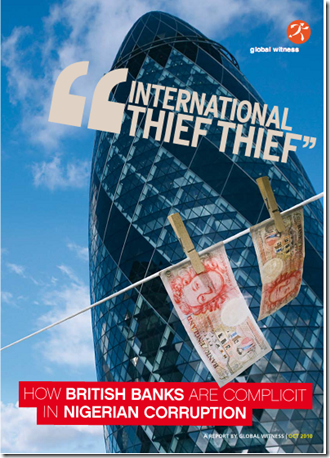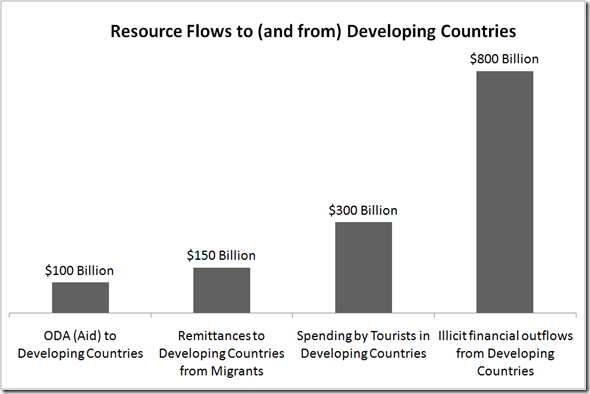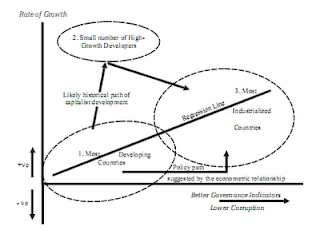Donors beware! The African big man eats without limit. He accumulates without consideration for the needs of others. ‘Enough’ does not exist in the dictionary. Africans in power do not want to consider the fundamental zero-sum concept that the more you scoop from the common pot, the less everyone else gets. They refuse to ponder the life or death consequences of misappropriating resources intended for interventions in maternal care, solid waste management, infant vaccination, and clean drinking water. They do not feel the danger of living in a massive mansion surrounded by tragic slums. In the rare event that an African big man visits a village, he would ‘donate’ a class room, or a clinic or a road that would never exist except in the government’s financial expenditure schedule of that year. The announcement of the fake donation is proof that the big men know the needs of their people. Why they choose not to do the right thing beats imagination. But then, they are modern African big men!
We are very efficient in taxing our poorest people mercilessly. In Africa, a woman with three chicken eggs to sell because the baby has fever is taxed in the village market. Nobody knows the destination of Africa’s tax proceeds. We only know they do not go to municipal services. Municipal services my foot! In Africa, every upper class household is a municipality with a mayor, a generator, a bore well and a septic tank. In Africa top government officials proudly import 4-wheel drive SUVs duty free.
In other parts of the world, corrupt officials risk prosecution, fines, imprisonment or even hanging. There is a judicial deterrent to graft. In Africa, impunity is the norm. In the best case scenarios, selective justice is applied. Only the ‘small fish’ see the jail house. Reports about major embezzlement in high places only warrant inconclusive investigations. That is why African corruption is not practiced discretely. There is no need to disguise sleaze. Conversely, scruples are equated to stupidity. That is why African auditors have no difficulty reaching adverse findings.via Abhijeet Singh



